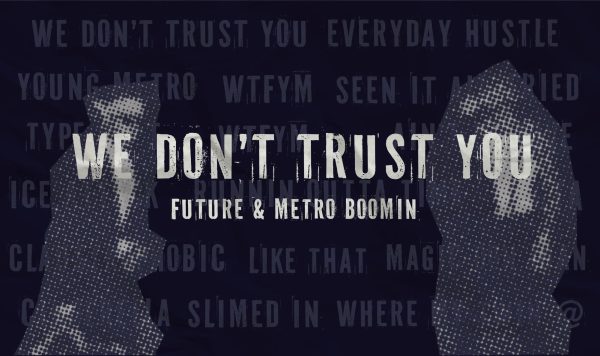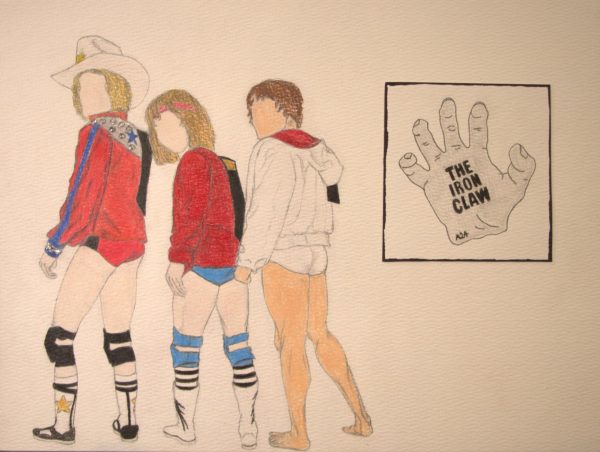Indie horror film features evil killer tire with telekinetic power
Weekly ‘Flix Fix takes the legwork out of wading through thousands of film choices on Netflix, bringing you the most truly bizarre, quirky and outright amazing gems instant streaming has to offer.
Stop me if you have heard this one: A deranged killer with supernatural powers wanders the wasteland, killing innocents in a gory fest of blood and entrails. Pretty standard cinematic fare, except for one thing: the killer is a tire. A sentient tire. A psychic, sentient tire.
Directed and written by Quentin Dupieux (director of “Steak” and 2012’s “Wrong”), 2010 horror-comedy-satire “Rubber” offers an interesting subversion of the standard movie elements of plot, characters and suspension of disbelief.
Produced on a relatively small $500,000 budget and featuring no immediately recognizable cast members, this interesting indie flick has a neat sort of kitsch appeal, if you can get past the ludicrous nature of its premise.
“Rubber” follows the story of Robert, an otherwise ordinary car tire abandoned in the Nevada desert who suddenly and inexplicably comes to life. Not by complex CGI or anthropomorphic transformation, no, but by a featureless and blasé ability to roll around and wobble independently.
The newly-animate tire (only referred to by name in the end credits) spends the first few hours of his life rolling around the desert, until he taps into a strange power: the telekinetic ability to make living creatures explode, violently.
Appropriately, he (it?) immediately embarks on a killing spree, blowing up a number of people and animals as his silent journey to find himself crosses the path of a small community. Some of the tire’s victims include a bunny, a turkey, a truck driver and countless others.
During this strange plot progression, there is an even more bizarre element at work. Situated on a cliff overlooking the murder-tire, a group of people sit with binoculars and lawn chairs, apparently watching the movie they are acting in.
Subterfuge on the part of the mysterious organization that brought them to this “viewing” kills all but one of the participants, who resolves to see the movie through to its “proper ending,” culminating in a final showdown against the tire.
Many people look at “Rubber” as a weird art film, not worth the 90-minute runtime or the Netflix data. These people are boring, because in an era of snarky, fourth-wall knocking big-budget comedies, there is little deconstruction of the genre that does not feel contrived. Dupieux brings a refreshingly unique and genuine look at the nature of movie plots, all through the vehicle of a silly killer tire.
If you have got an open mind paired with an hour and a half to kill, go watch “Rubber.”















